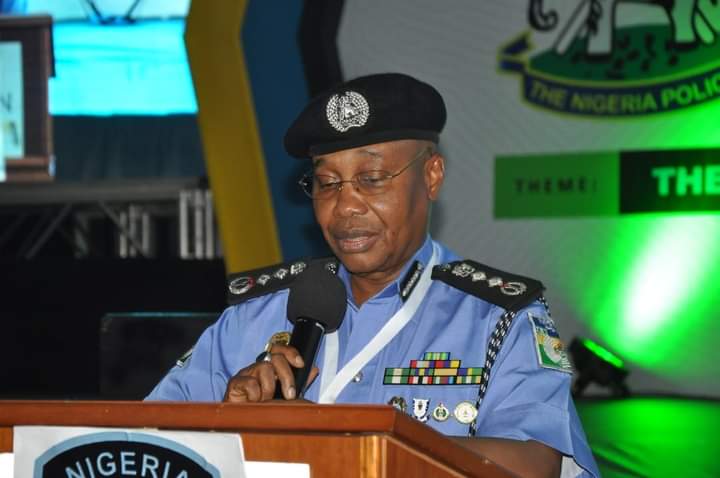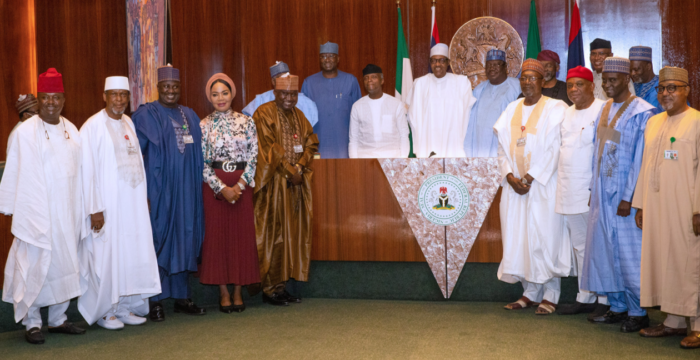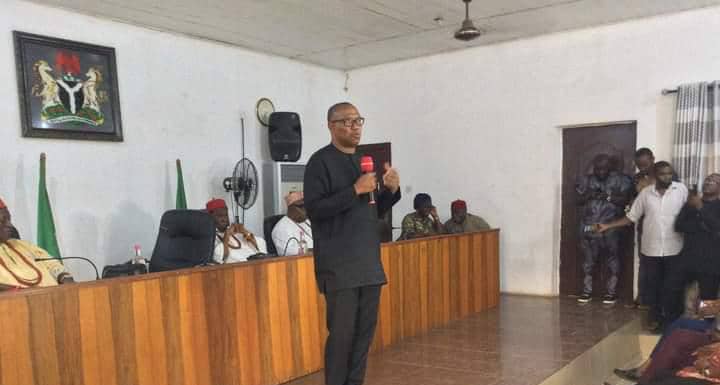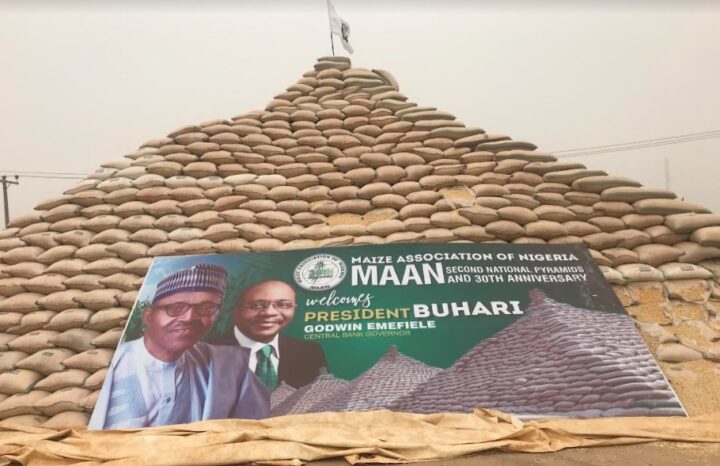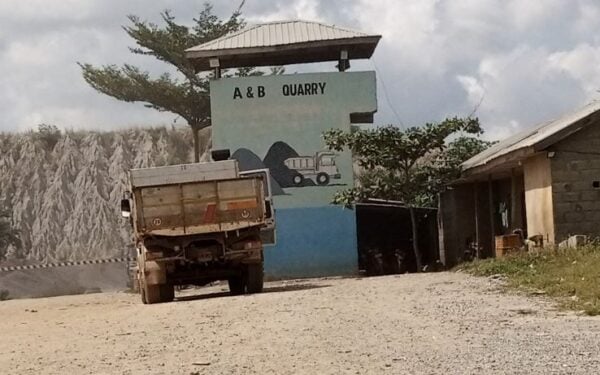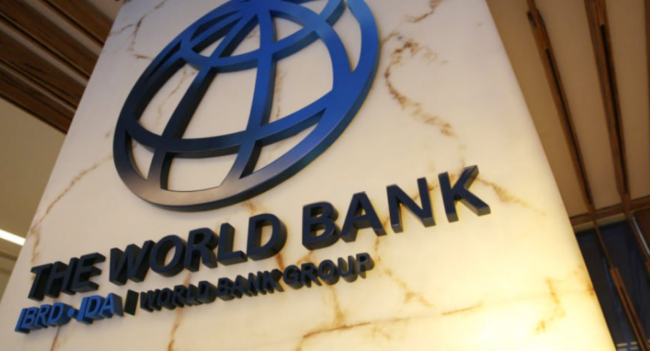Babatunde Fashola, minister of works and housing, says the Second Niger Bridge has reached 91 percent completion rate.
The project was billed for completion last month but was delayed due to the COVID-19 lockdown and #EndSARS protests.
The minister said projects executed under the presidential infrastructure development fund (PIDF) have gulped about N1.3 trillion so far.
Fashola spoke on Thursday during a media briefing at the state house, Abuja.
Advertisement
The minister said at least 1,486 people have been directly employed for the Second Niger Bridge, while 8,110 indirect jobs have been created.
Speaking on the completion rate, Fashola said the Lagos-Ibadan expressway and Second Niger Bridge will be completed this year while the main carriageway of Abuja-Kaduna-Zaria-Kano expressway is scheduled for completion by Q2 2023, adding that ancillary works will be completed later.
The minister said the Abuja-Kaduna-Zaria-Kano Expressway, a 375km road, cost N797billion; the Second Niger Bridge (11.59km) cost N206billion; and Lagos-Ibadan Expressway (127km) cost N310 billion.
Advertisement
Commenting on private sector involvement in the projects, the minister said: “On whether Second Niger Bridge is PPP financed project by the private — not yet.
“Right now, there is no private sector money in what you are seeing, not yet. NSIA manages the funds and the money I told you President Buhari has recovered that was stolen from Nigeria. So, it is government money so far.
“NSIA is talking to some investors who want to bring money, but they have not brought it. Invariably they will, and we expect that they will, and invariably we’ll extend to them concessions for better management but that is further down the line.”
He also debunked claims that the Second Niger Bridge was fully funded by the previous administration.
Advertisement
Impact of energy crisis
Fashola also said the energy crisis in the country is affecting work on the projects as prices of petroleum products have increased.
He said the cost of transportation of materials has also increased, adding that food prices at construction sites across the country have also gone up.
“You’re probably also feeling it at home too on your table,” he told reporters.
Advertisement
“These are extremely globally challenging times, but for me, challenges are the reasons why governments exist
Advertisement


